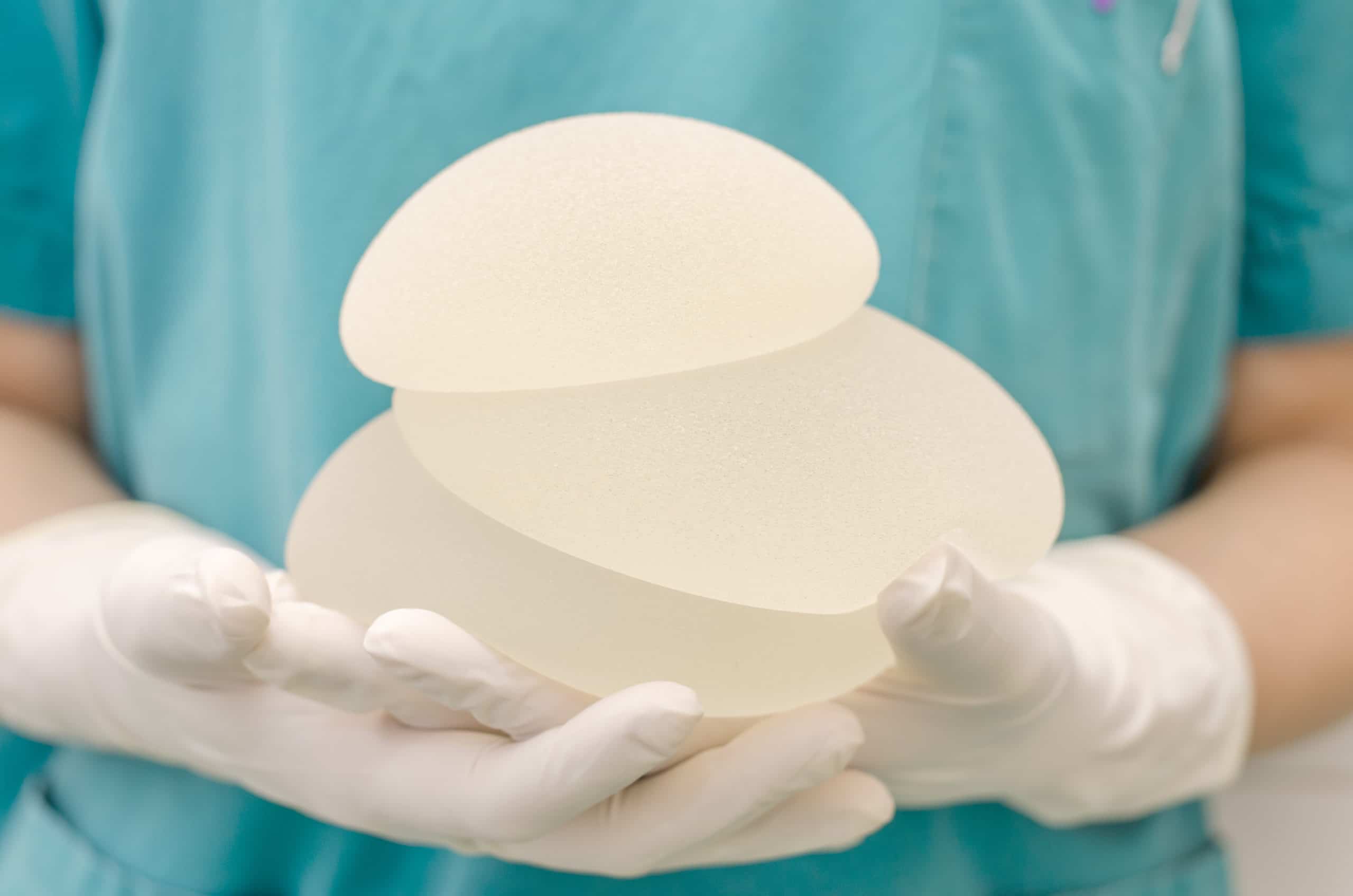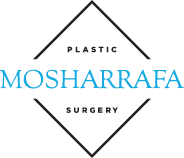
Breast implants for reconstruction or augmentation require you to understand the procedure so that you can make informed decisions. There’s a lot of information that can seem confusing, especially when you’re trying to understand if the information is true or false. Below are six different facts about getting breast implants that can help you better understand what to expect if you are considering breast implant surgery.
1. How Long Do Breast Implants Last
Breast implants are medical devices that are made of an external lining and filler material, silicone gel or saline solution. Over time, the lining weakens, and a rupture can follow. The FDA requires the implant manufacturers to study the rupture rates out to 10 years. Current rupture rates range from 5-12% at 10 years after surgery. In our practice experience, we have seen implants last up to 38 years without rupture.
It’s worth noting that sometimes a woman’s body changes as a result of having children or gaining weight, which means the breast implants might shift. There’s also a possibility of scar tissue shrinking around the implant, which might require surgery. The development of scar tissue is a normal part of the breast implant process, but it doesn’t always present a problem. Most women get regular check-ups with their plastic surgeon to make sure their breast implants are still intact. This is strictly precautionary.
2. Safety of Saline and Silicone Implants.
While there have been concerns in the past about the safety of saline and silicone implants, both options are safe as a result of changes in technology. Saline is salt water, which is natural and does not pose any health concerns. Improvements have been made to silicone to prevent some of the issues that existed years ago. Silicone implants are softer and give a more natural breast feel. Both saline and silicone have their own advantages and disadvantages. By speaking with Dr. Mosharrafa, he can help to lay out the options for you.
3. Breastfeeding with Implants
Women with breast implants do not typically have any problems with breastfeeding. It’s also important to understand that there hasn’t been any evidence to support that breastfeeding is not safe for the baby when you have breast implants. However, there are some exceptions. Women that have breast reconstruction after a mastectomy resulting from cancer will not be able to breastfeed because they do not have any milk ducts located in the breasts. These are removed during the mastectomy.
4. Size of Your Implants
There are a few limitations when it comes to the size of your breast implants. However, it’s important to have a consultation to make sure you achieve the best results. The goal is often to obtain a fuller, but natural appearance, which means it’s not typically a good idea to have breast implants that are exceptionally large. It’s worth noting that larger implants will likely require additional surgery.
5. Communicating with the Surgeon
To optimize the outcome of the procedure, it’s important that you ask questions and communicates clearly during your consultation and evaluation. Keep in mind that Dr. Mosharrafa will not know what you want if it isn’t effectively communicated. If you have concerns or something that you want to avoid, that information should be shared in advance to make sure everyone is on the same page.
6. Choosing a Board-Certified Surgeon
There are many different types of facilities that offer cosmetic procedures. However, to ensure your safety, it’s critical that you choose to work with a surgeon that’s board-certified. The reason is that they are required to complete extensive training to understand best practices in surgical procedures for breast implants. Board-certified surgeons are also bound to a code of ethics.
Dr. Tamir Mosharrafa and Dr. Ali Mosharrafa of Mosharrafa Plastic Surgery in Phoenix have been performing breast augmentations for two decades. They have successfully performed thousands of cosmetic procedures to the satisfaction of their clients. Contact Mosharrafa Plastic Surgery to get answers to any additional questions you have about breast implants and speak with a board-certified plastic surgeon.
Back to Overview
Related Blog Posts
A breast cancer diagnosis is overwhelming in so many ways. There are a lot of emotions. Dr. Ali Mosharrafa and his entire staff put me at ease at every step. After surgery, I was very self conscious, and the way I was treated with each visit helped me as much as the excellent medical care. Whether it is for an elective procedure or a surgery due to illness, I cannot endorse Dr. Ali more as a physician and human.
Read ReviewsContact Us
Dr. Ali, Dr. Tamir, and Dr. Benjamin understand that you have made an important decision by choosing to undergo plastic surgery, and they are committed to delivering the exceptional results you expect and deserve.

 Scroll
Scroll


